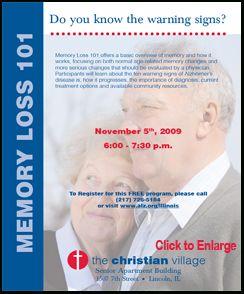| |||||||||||
| |||||||||||
The eurozone price index turned negative in June as energy costs plunged from record highs a year earlier. It hit an all-time low at minus 0.7 percent in July and began climbing as oil prices recovered this summer and signs of an economic recovery appeared. UniCredit economists had forecast inflation rising to a positive 0.2 percent in October. European Central Bank President Jean-Claude Trichet has also hinted at a positive figure this month. European Union leaders said in a draft statement Friday that it was too soon to withdraw billions of euros (dollars) in stimulus programs that are supporting economic growth. They said they would wait until a recover "is fully secured," avoiding setting a date for an exit strategy until they meet again for talks in December. EU finance ministers have said that efforts to repay mounting public debt should start in 2011 if forecasts due on Nov. 3 confirm a solid recovery. Leaders also warned that mounting unemployment required governments to reform labor markets "to prevent high unemployment levels from becoming persistent." This urges changes to European rules that make it costly for companies to quickly hire and fire workers.
[Associated
Press;
Copyright 2009 The Associated Press. All rights reserved. This
material may not be published, broadcast, rewritten or
redistributed.

News | Sports | Business | Rural Review | Teaching & Learning | Home and Family | Tourism | Obituaries
Community |
Perspectives
|
Law & Courts |
Leisure Time
|
Spiritual Life |
Health & Fitness |
Teen Scene
Calendar
|
Letters to the Editor